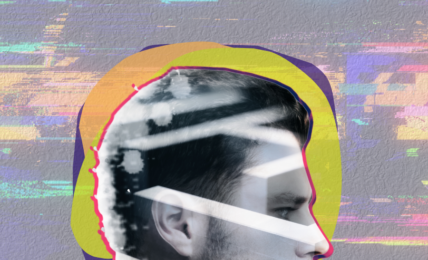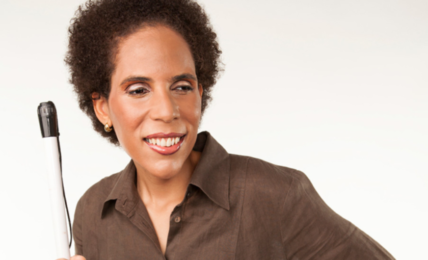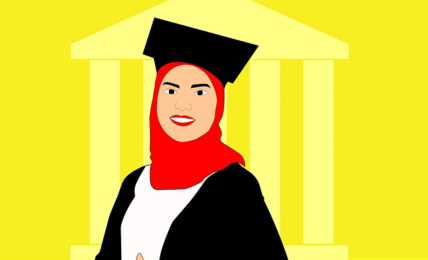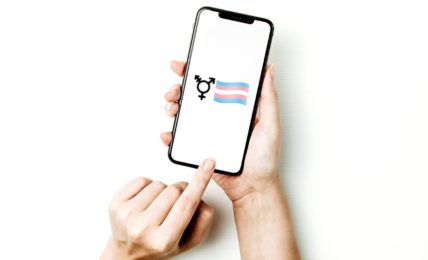‘A long way to go’: UN Chief calls for dismantling of ableist structures
“In all our actions, our goal is clear: a world in which all persons can enjoy equal opportunities, participate in decision-making, and truly benefit from economic, social, political and, cultural life. That is a goal worth fighting for.”








